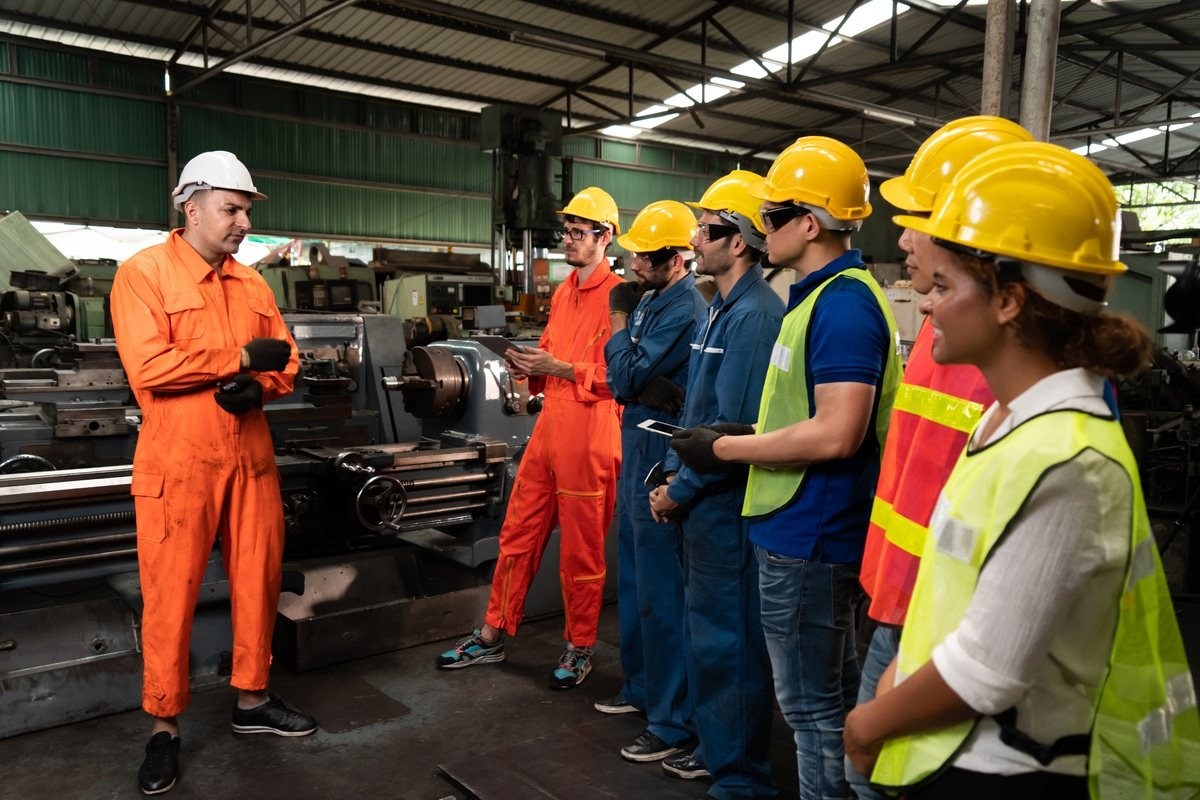Workplace safety is a top priority in industries with common hazards. Training employees to handle risks properly can make the difference between a safe work environment and a serious accident. This is where OSHA 10 and OSHA 30 training come into play. But what’s the difference, and who needs which course?
Both OSHA 10 and OSHA 30 are safety training programs regulated by the Occupational Safety and Health Administration (OSHA). While they cover similar topics, they differ in depth, duration, and target audience. Selecting the right training can help employers stay compliant and workers remain protected on the job.
What Is OSHA 10 Training?
OSHA 10 training is designed for entry-level workers. It provides a basic understanding of workplace safety, typical hazards, and how to prevent injuries. This training is beneficial for workers in construction, manufacturing, and other general industries where safety risks are prevalent. The course includes topics such as an introduction to OSHA and workers’ rights, fall protection, ladder safety, electrical hazards, personal protective equipment, hazard communication, workplace ergonomics, and emergency response procedures.
Many states and employers require this certification for laborers, general workers, and contractors who perform tasks on job sites where OSHA regulations apply. It is ideal for workers new to a job with safety risks or needing to refresh their basic safety knowledge.
What Is OSHA 30 Training?
OSHA 30 training provides a comprehensive course for supervisors, managers, and workers with responsibilities beyond basic tasks. This course offers in-depth safety training and covers additional topics not included in OSHA 10. It consists of all OSHA 10 topics and expands further with topics such as managing workplace hazards, OSHA recordkeeping requirements, health and safety programs, industrial hygiene, safety leadership, risk assessment, and machine guarding procedures. This training best suits supervisors, foremen, safety managers, and other professionals who enforce workplace safety regulations. Employers often require this certification for team leads and managers overseeing job sites with high-risk activities.
Key Differences Between OSHA 10 and OSHA 30 Training
While both courses educate workers on occupational safety, they differ in duration, depth of training, and target audience. OSHA 10 training is a shorter course focused on basic safety awareness, while OSHA 30 is an extended program that includes more comprehensive safety training and leadership responsibilities. OSHA 10 is suitable for entry-level workers, whereas OSHA 30 is aimed at supervisors and those responsible for workplace safety compliance.
How to Choose the Right Training
Choosing between OSHA 10 and OSHA 30 training depends on job responsibilities, industry requirements, and employer expectations. If you are a new worker or perform general labor tasks, OSHA 10 is sufficient. If you supervise employees or handle safety compliance, OSHA 30 is recommended. Many construction sites mandate OSHA 10 certification for workers and OSHA 30 for supervisors. Some general industry jobs also require OSHA 10, while management roles may need OSHA 30.
If you want to start your career in industries with safety regulations, OSHA 10 is a great starting point. However, if you aim for leadership positions or roles requiring a deeper understanding of workplace safety, OSHA 30 provides more comprehensive training. This certification can help with career growth and ensure better workplace safety practices.
Final Thoughts
Whether you need OSHA 10 or OSHA 30 training depends on your role, industry, and employer requirements. Entry-level workers benefit from OSHA 10, while supervisors and safety professionals require OSHA 30 to understand workplace hazards and compliance better. Ensuring the right employee training keeps workplaces safe and helps organizations meet legal standards and reduce risks.
By understanding the differences and requirements of OSHA training programs, workers and employers can make informed decisions about safety education and certification needs. Contact ZOTA Professional Training today for more information on the right OSHA training.


